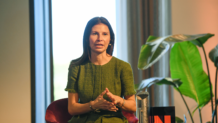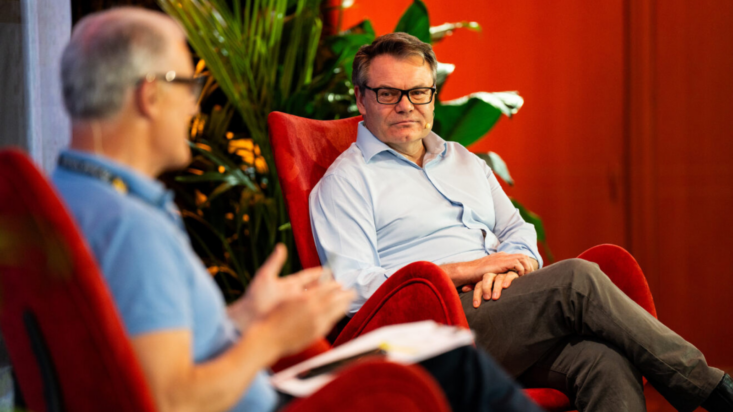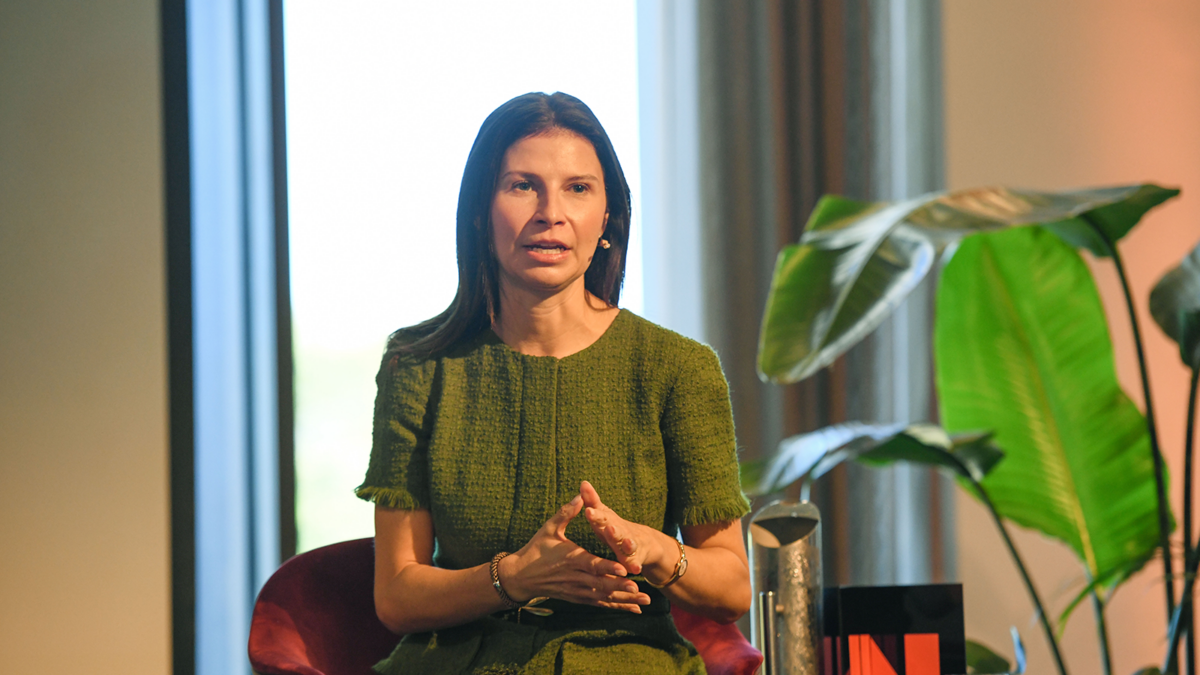The art and science of high conviction investment: Claremont Global
The concept of high conviction investing seems simple on face value.
Take a concentrated portfolio of holdings in established, high-quality companies that have a strong competitive position and high market share. Only trim the portfolio on either edge when a current stock reaches its desired sell target price or a potential holding’s true value becomes separated from its buy price.
Done well, the investment strategy takes a shape similar to the Claremont Global Fund, which runs a long-only, international equities portfolio aiming to generate 8 to 12 per cent returns over a 5 year cycle. The fund’s investment philosophy is “conservative and straightforward”, the Sydney-based investment group says, with a philosophy based on four criteria: business quality, balance sheet quality, management quality and an attractive valuation.
Those four criteria hint at the complexity behind the simplicity. Honing down a portfolio to 15 stocks that have an average company age of 80 years takes precision, prudence, and (most of all) patience.
“We have a very select universe,” said Claremont Global leader and co-portfolio manager Bob Desmond (pictured, right) at The Inside Network’s recent Investment Leaders Forum in Noosa.
“We try to find stocks that are good quality and run by good people, but it’s very rare to find a pricing dislocation and get them at the right price because markets are pretty efficient most of the time. You don’t get that many opportunities, which is why we have 10 to 15 [holdings] but a watch list of about 150. To get to that 10 or 15 you have to be patient.”
High conviction isn’t about pursuing either ‘growth’ or ‘value’ stocks, Desmond explained. Both are embedded in the process, but the focus is on quality.
“Growth is a determinant of value at the end of the day. You can’t be an investor unless you’re thinking about value, and we are value investors as well to some degree because we’re always looking for that gap,” he said. “But I like to own quality. I like to make as few decisions as possible, buy stocks at the right price and then let those businesses compound over time.”
For high conviction investors the quality of a company – its people and its sustainable competitive advantage – are more important than trying to predict vicissitudes in markets.
“Even if you are smart enough to consistently call the future, markets have such a good way of discounting the future,” he said. “There’s just so many things that are very, very hard to recast, and I think you’re better off trying to stick to things you know, and that is a company’s competitive advantage, the people that run it and the company’s worth.”
A firm’s business model is “hugely important” when looking through a high conviction lens, he noted. “Even if you’re the best company manager in the world, if you’ve got a rubbish business model it’s probably not going to work out.”
But just as important is culture, Desmond said, and what the company stands for. Assessing culture adds a qualitative element to the research high conviction investors like Claremont Global do, which adds a necessary degree of art to the science.
“The way a company thinks about consumers, its employees and shareholders… there’s something in that, I think.”











